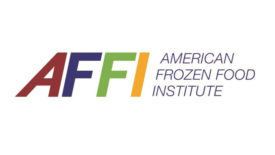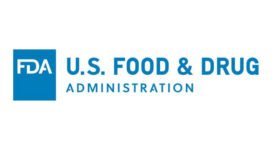Home » FDA
Articles Tagged with ''FDA''
Clock Ticking on FSMA Compliance
The Food Safety Modernization Act’s traceability requirements are effective in two years.
December 8, 2023
ReposiTrak Marks First, Fully Automated FSMA 204 Traceability KDE Record Creation
The world’s first no-scan receiving and shipping Key Data Element (KDE) records were assembled successfully, a milestone in food traceability.
August 25, 2023
UPSIDE Foods Makes History as First Company Approved to Sell Cultivated Meat in the U.S.
Company cleared to start commercial production at its Engineering, Production, and Innovation Center (EPIC).
June 22, 2023
Trends and Developments in Cell-based Meat
With the FDA granting approval to a cell-based – or cultivated – meat product, new foods are expected to hit store shelves soon
April 10, 2023
Get our new eMagazine delivered to your inbox every month.
Stay in the know on the latest food and beverage manufacturing markets.
SUBSCRIBE TODAYCopyright ©2024. All Rights Reserved BNP Media.
Design, CMS, Hosting & Web Development :: ePublishing







